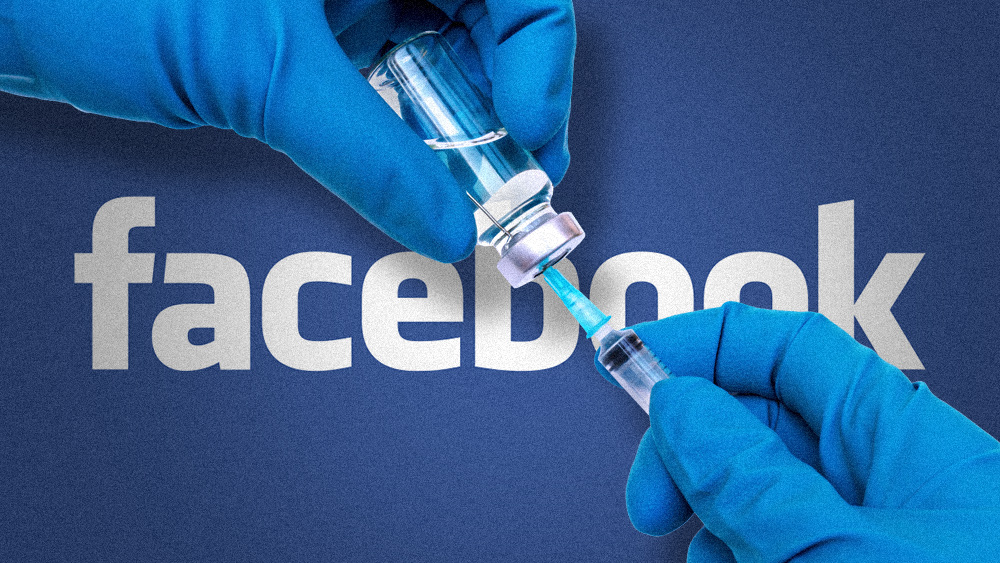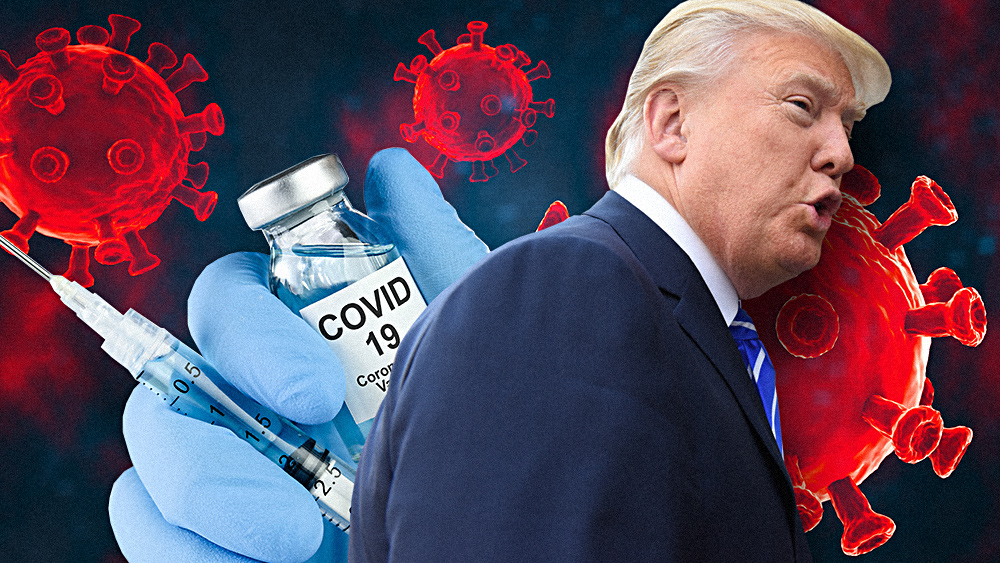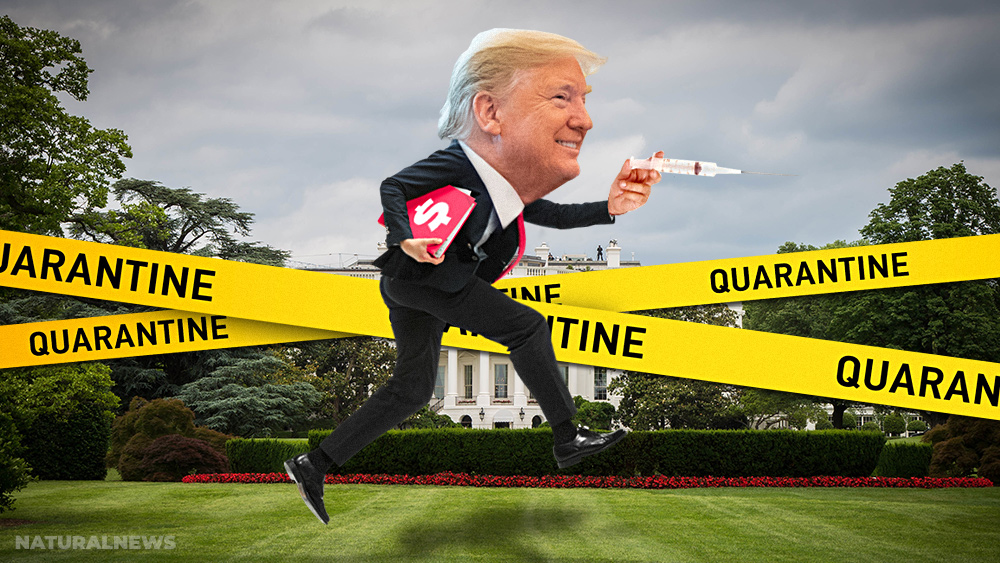We might NEVER have a vaccine … immunity to other coronaviruses rarely lasts longer than a few months
05/30/2020 / By Tracey Watson

People across the globe are experiencing unprecedented levels of stress and anxiety as they struggle to cope with the fallout from the COVID-19 pandemic. While hundreds of thousands are mourning the loss of friends and family, millions more are reeling from the economic devastation that has resulted from the strict lockdown measures instituted to keep the virus at bay.
Right now around the world many people who don’t fully understand the risks of experimental vaccines are waiting with bated breath for a treatment or vaccine to release them from the contrived lockdowns.
And scientists and pharmaceutical companies from multiple countries are racing to develop a vaccine more quickly than ever before. President Trump has come right out and promised, “We’re looking to get it by the end of the year if we can, maybe before.”
Experts have vehemently insisted that it will likely take at least 12 months, but more likely 18, to develop a vaccine against SARS-CoV-2, the coronavirus that causes COVID-19.
Many feel that having to wait that long to be released from the stress of having the virus loom over them would be unbearable. But what if no effective vaccine is ever developed against SARS-CoV-2?
MIT Technology Review recently warned that this scenario is a very real possibility, because studies have found that people can be reinfected with other coronaviruses time and time again without ever building up enough antibodies to become immune.
If the same proves true of SARS-CoV-2, scientists may never be able to develop an effective vaccine.
Will scientists ever develop a vaccine?
As reported by MIT Technology Review, between 2016 and 2018, scientists from Columbia University collected nasal swabs from close to 200 teachers, children and emergency workers, and asked them to keep a record of any time that they sneezed or had a sore throat.
One of the purposes of the study was to develop a record of how long people stayed immune to different common respiratory viruses, including the four coronaviruses, HKU1, NL63, C229E and OC42.
Although the researchers obviously did not collect any data on the novel coronavirus, SARS-CoV-2, the information they obtained about human immunity to these other four coronaviruses now provides invaluable information about the possibility of developing a vaccine.
So, what did they find?
MIT Technology Review reported:
What the Columbia researchers now describe in a preliminary report is cause for concern. They found that people frequently got reinfected with the same coronavirus, even in the same year, and sometimes more than once. Over a year and a half, a dozen of the volunteers tested positive two or three times for the same virus, in one case with just four weeks between positive results.
That’s a stark difference from the pattern with infections like measles or chicken pox, where people who recover can expect to be immune for life.
Study co-author, Jeffrey Shaman, warns that unlike some other viruses, with coronaviruses, “immunity seems to wane quickly.”
Since the premise of a vaccine releasing the world from the grip of COVID-19 would be that everyone would be vaccinated and then have lifelong immunity against the disease, the results of this study are a serious blow.
The real possibility that we may never see a vaccine against COVID-19 does not mean we should despair, however. We can give ourselves the best chance at beating the coronavirus by maintaining a healthy lifestyle, thereby avoiding lifestyle diseases like diabetes and heart disease, and by building our immunity with natural immune boosters like immune boosters like zinc and vitamin D.
Learn more about natural ways to boost immunity and strengthen your ability to fight the coronavirus at Nutrients.news.
Sources for this article include:
Columbia.edu[PDF]
Tagged Under: antibodies, Big Pharma, coronavirus vaccine, coronaviruses, covid-19, immunity, infections, infectious diseases, lockdowns, outbreak, pandemic, vaccines
RECENT NEWS & ARTICLES
VaccineDamage.News is a fact-based public education website published by Vaccine Damage News Features, LLC.
All content copyright © 2018 by Vaccine Damage News Features, LLC.
Contact Us with Tips or Corrections
All trademarks, registered trademarks and servicemarks mentioned on this site are the property of their respective owners.















